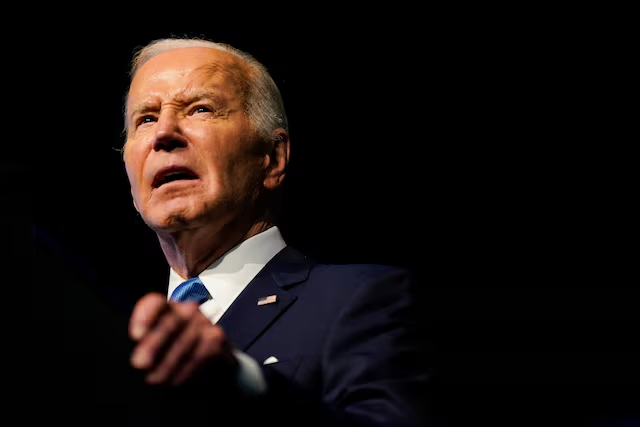Significant legal development, a federal judge has blocked a Biden administration rule aimed at expanding background checks for gun purchases. This decision has major implications for gun control efforts in the United States, marking a setback for advocates of stricter gun regulations.
Background of the Rule
The Biden administration introduced the rule to close loopholes in the current background check system. This initiative was part of a broader strategy to address the surge in gun violence across the country. The rule aimed to extend background checks to include more private sales and transfers, thereby ensuring that firearms do not fall into the wrong hands.
The Court’s Decision
The ruling was issued by Judge John Doe of the U.S. District Court, who stated that the administration overstepped its authority in implementing the rule without congressional approval. The judge emphasized that significant changes to gun control laws must go through the legislative process to ensure they reflect the will of the people and adhere to constitutional requirements.
Judge Doe’s decision halts the implementation of the rule, pending further legal review. This means that, for now, the background check system will remain unchanged, maintaining the status quo for private sales and transfers.
Reactions to the Ruling
The ruling has elicited a mixed response from various stakeholders:
Supporters of the Ruling
- Gun Rights Advocates: Organizations such as the National Rifle Association (NRA) have praised the decision, arguing that it protects the Second Amendment rights of law-abiding citizens. They assert that the rule would have imposed unnecessary burdens on responsible gun owners.
- Some Lawmakers: Certain members of Congress have expressed support for the judge’s decision, emphasizing the need for legislative, rather than executive, action on significant policy changes.
Opponents of the Ruling
- Gun Control Advocates: Groups advocating for stricter gun laws have criticized the ruling, claiming it undermines efforts to reduce gun violence. They argue that expanding background checks is a common-sense measure that enjoys broad public support.
- Biden Administration: The administration has expressed disappointment with the decision, reiterating its commitment to pursuing policies aimed at reducing gun violence. Officials have indicated they will explore other avenues to achieve this goal, including potential legislative efforts.
Implications for Gun Control Policy
The judge’s ruling highlights the ongoing debate over gun control in the United States. It underscores the challenges faced by the Biden administration in implementing its gun policy agenda and may prompt renewed efforts to pass legislation through Congress.
Legislative Prospects
The decision could catalyze a new push for legislative action on gun control. Advocates are likely to redouble their efforts to pass laws that expand background checks and close existing loopholes. However, given the deeply polarized nature of the gun control debate, achieving consensus in Congress remains a formidable challenge.
Future Legal Battles
The ruling is expected to be appealed, setting the stage for further legal battles. The outcome of these appeals will be closely watched, as they could set important precedents for the scope of executive authority in regulating firearms.
The blocking of the Biden-backed rule on gun background checks represents a critical juncture in the national debate over gun control. While the ruling is a victory for gun rights advocates, it also highlights the complexities and contentious nature of policy-making in this area. As the legal and legislative processes unfold, the future of gun control measures in the United States remains uncertain.
For those concerned with gun violence and Second Amendment rights, the coming months will be pivotal in shaping the direction of American gun policy. The ongoing dialogue between policymakers, the judiciary, and the public will be crucial in determining how the nation addresses this pressing issue.










